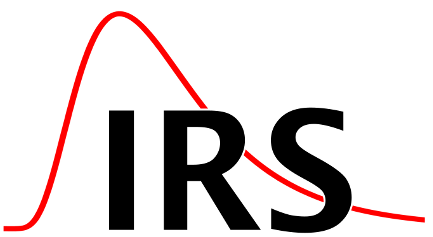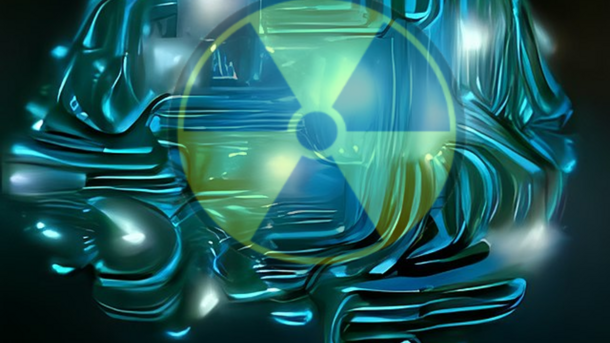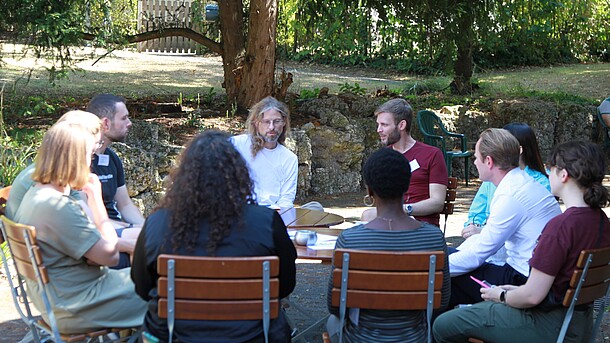Contact details of all persons of the institute
The field of radioecology and analysis of environmentally relevant radionuclides includes broad-based work on the elucidation of 129I/131I and 137Cs, 90Sr and Pu propagation in the environment as part of several national and international third-party funded projects. This also includes work in areas around Fukushima and Chernobyl. The IRS provides one of the four speakers of the ENTRIA network (70 persons, 13 institutes, 15 Mio €) with interdisciplinary work in the field of the disposal of highly radioactive residues. In addition, experimental and theoretical work on the retention of radionuclides at technical and non-technical barriers will be carried out. Furthermore, the IRS deals with the field of tension of the perception of dangers caused by radioactive contamination in the population.
The IRS is one of the few remaining radiochemical university institutes in Germany with a controlled area for handling open radioactive materials up to 1E6 times the exemption limit and the only university institute in Germany in the field of radioecology. Knowledge of radioactivity is imparted within the framework of several master's programmes in the Faculties of Mathematics and Physics and Natural Sciences. For this purpose, nine lectures and three different internships are offered. In addition, students are offered the opportunity to acquire the specialist knowledge in radiation protection required, for example, for carrying out experiments on radioactivity at grammar schools. The IRS is involved in the promotion of young scientists, starting in several grammar schools in the Hanover area and extending to the supervision of bachelor/master and doctoral theses in the field of radioecology and radiation protection. Employees of the IRS are active in leading roles in the Radiation Protection Commission of the BMUB, the Professional Association for Radiation Protection, the German Physical Society, the Society of German Chemists, the Competence Network Radiation Research, the NRC-network (EuChems) and the German Society for Mass Spectrometry. The IRS also conducts courses for the acquisition of radiation protection expertise according to StrlSchV (more than 1000 participants per year for many years).






![[Translate to English:] [Translate to English:]](/fileadmin/_processed_/9/4/csm_Bild1_83c4179ac9.png)

